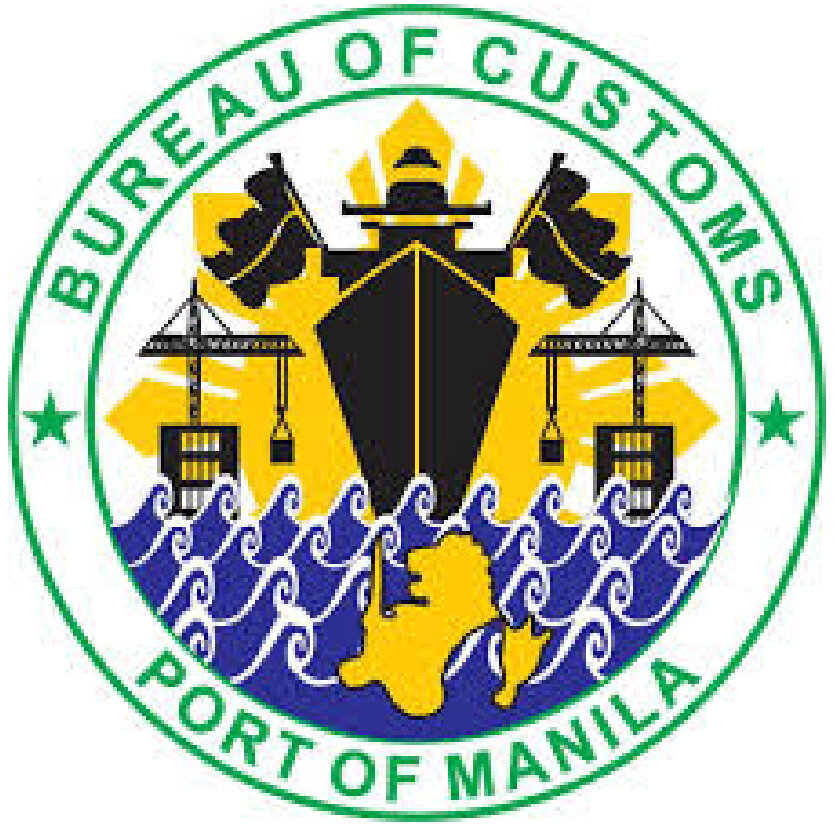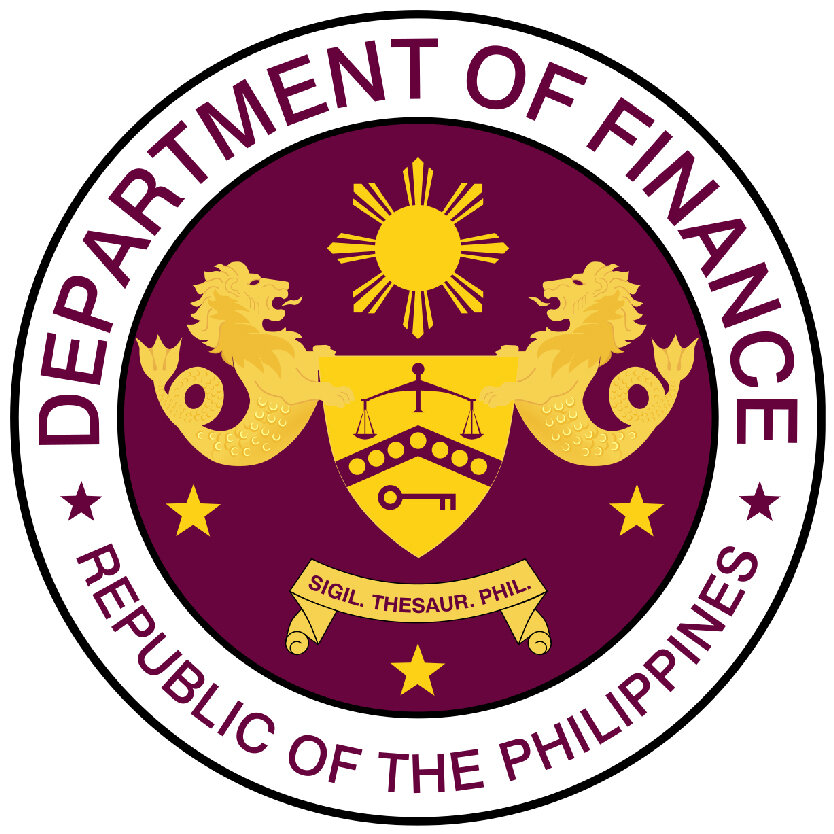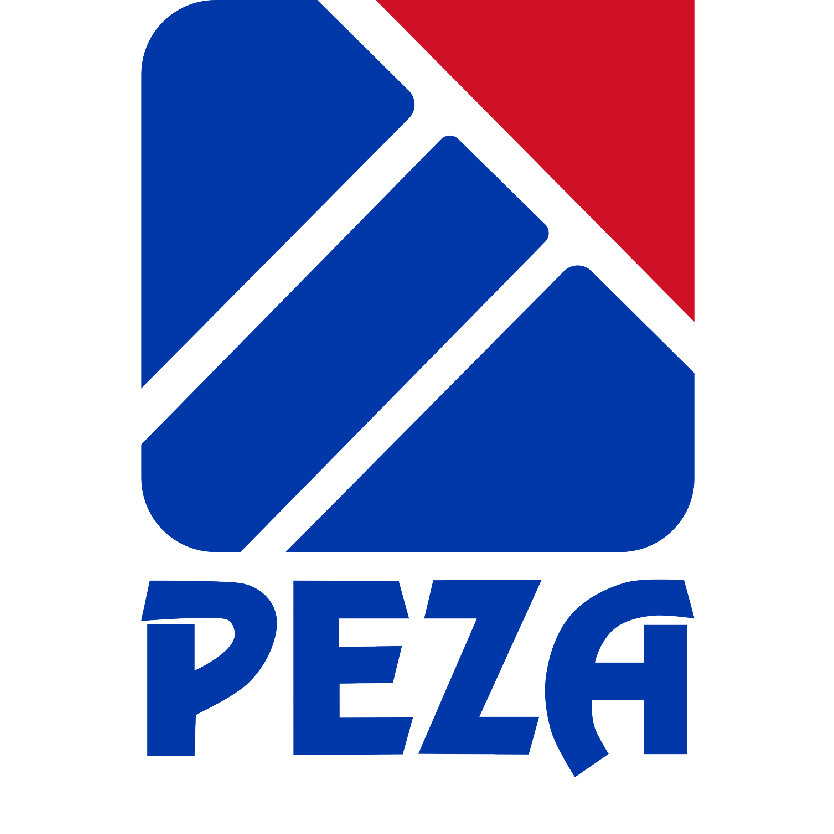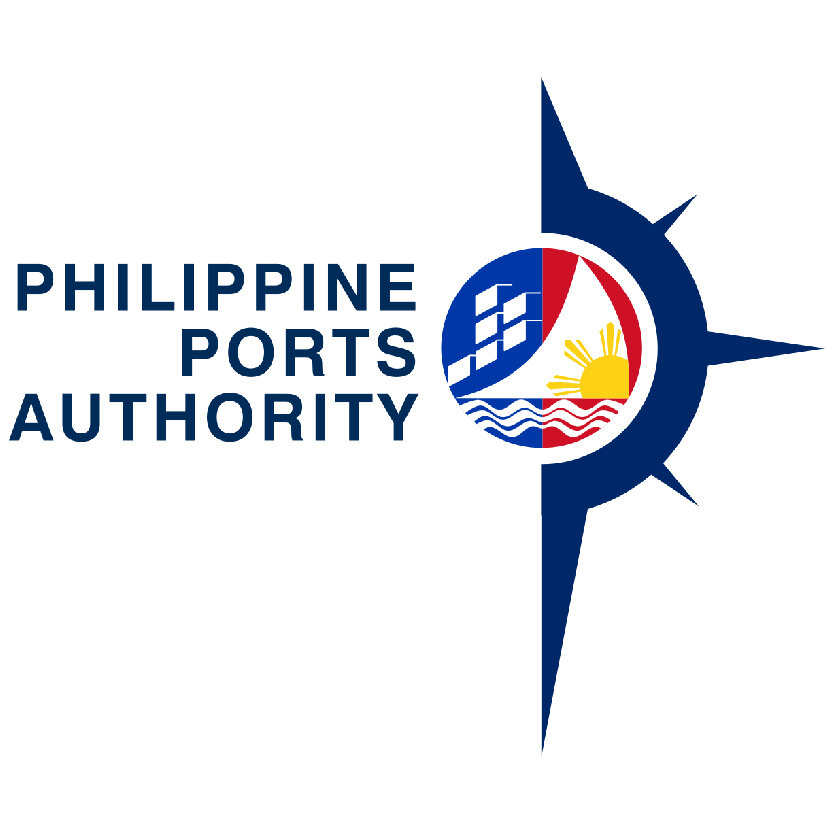— Cargo we process
Airfreight, sea freight, container freight, breakbulk freight, domestic cargo moves
— Agencies we work with
— CAPABILITIES
Regular Importation and Payment of Duties & Taxes
The Shipper should provide MOFS copies of shipping documents Ten (10) days prior to the arrival of cargo at Manila Port
This will allow MOF to review shipping documents and to amend it if necessary. Shipping documents should be complete and correct. They should also be with MOFS prior to the arrival of cargo at the Manila Port.
Commercial Invoice value should be CIF ( Cost, Insurance, & Freight ). It should be broken down by package value for the purpose of computing the duty and taxes. Insurance and Freight should be stated separately.
Since Customs is now applying the transaction value in accordance with the World Trade Organization, it would be helpful if the shipper could provide the Purchase Order (P.O.) and the proof of payment if available at the time of shipment.
Please note that customs still has the final say as to tariff classification and valuation of cargo for the purpose of duties & taxes.
Estimated computation of duties and taxes shall be forwarded to the proponent (Whoever is responsible to pay the D & T ) by MOFS prior to the arrival of cargo for their review and approval. The proponent will then issue a Managers check in Favor of the Bureau of Customs.
With proper documents, customs accepts the tariff classification, value of cargo, customs clearance can be accomplished in three (3) to four (4) working days.
The office hours for the Bureau of Customs is usually 0900 hours through 1630 hours, excluding lunch, Monday to Friday. Cargo cannot be processed on holidays, Saturdays and Sundays.
Temporary Importation
B.O.I. Registered companies are qualified to bring into the country equipment on a consignment basis.
Clearances from various government agencies, ( BOI, DOF, & Tax Exempt Divisions of Customs ) are required prior to importation.
The above stated government agencies will allow a BOI registered firm to renew their temporary permits every six (6) months. These permits can be extended / renewed until the equipment is no longer required at the project.
Temporary importation can be covered by a re-export bond or a Standby Letter of Credit ( SBLC ) from a domestic bank.
Bonding companies and domestic banks must be accredited with the Bureau of Customs. Accreditation is now being renewed every quarter. (3 Months)
The re-export bond value is equivalent to 150% of the duties and taxes. The bond premium is estimated to be 1.75 % of the re-export bond value. SBLC premiums are negotiated with domestic banks. Using Re-export bonds or SBLC’s are the security instrument which secures the Re-export permit.
Permits expire ever six months. Bonds expire every six months. SBLC’s expire every year. During the term of a SBLC the permit will be secured twice. Customs in the Philippines prefers SBLC’s over Bonds.
Cancelations of SBLC’s for re-export are only approved as follows:
Payment of duties and taxes, based on the value at the time the item entered the country. Depreciated value’s are not accepted.
Re-exportation of equipment to the country of origin or to another country.
Savings with Document Review
The Philippines receives needed government funds through the collection of duties and taxes. Documents must be reviewed for compliance and accuracy. Without this review the various government agencies will find fault with documents. This usually results in an increase in the import costs.
Import documents must be consistent in reference to document information.
The Bill of Lading (BL), Commercial Invoice (CI), and Packing List must be prepared with consideration for the Philippine importation process.
Nomenclature used for the cargo, if reviewed can save a substantial amount of money.
The following examples will outline the major problems. It must be noted that it would be difficult to example every commercial situation that would result in a cost savings. MOF Subic has been very successful with this type of assistance. Our relationship and experience with customs will definitely make a difference on your project
What we would like to introduce as an important procedure in documentation is the "REVIEW PROCESS" which enables us to specifically determine with correctness the appropriate tariff classification of the imported items and recommend items description in tariff terms suited to the proper rate of duty;
In a review process MOFS can make sure that proper documentation will not delay the release of the cargo or create an additional cost to the client associated with submitting wrong documents, by making sure the documentations provided to the Bureau of Customs is complete and correct in a no-storage time-frame.
Philippine Ports Authority (PPA)
The PPA is a government agency which controls all private and public ports in the Philippines. This agency, the PPA, sub contracts port operators the responsibility of running all public ports. Private ports are operated by the port owners under a permit to operate issued by the PPA
For Public and private ports the PPA receives a wharfage tariff for every container and all breakbulk cargo. This tariff varies based wether the import / export cargo is domestic or international.
The port operators for public ports receive an arrastre tariff for handling the cargo. The tariff’s are based on a per containers rate. For breakbulk the tariff is based either on a revenue ton or weight ton depending on the cargo size. It must be noted that the tariff for each port operator is somewhat different.
Since the PPA subcontracts the Port Operations, the PPA defines the dock limits for all public ports. Cargo with weights in excess of 20 MT will need transport vehicle type approval
The port operators do not maintain equipment to handle breakbulk cargo. In some cases they do not maintain equipment to handle containers. Receivers of cargo, such as MOF Subic, will be required to supply transport equipment to move cargo from the ships gear to a port storage area.
Port operators, under subcontract by the PPA, will not accept vessel demurrage caused by the lack of appropriate equipment to receive cargo.
Breakbulk Cargo or Heavy Lift Cargoes with a per piece weight of 20 Metric tons and above will require handling approval from the PPA.
Cargoes should be discharged on the rehabilitated piers and as quickly as possible moved to solid ground.
Receivers of cargo should provide lowbed trailers and/or specialized trailers to receive each piece (over 20 MT) and must have prior approval from PPA.
Unloading shall be monitored and supervised by personnel from the PPA. The company, with responsibility for the cargo, will be required to confirm the handling plan. Declared cargo date and prescribed transport equipment with additional responsibility to submit a report of compliance.
Heavy lift cargoes can also be discharged ship-side, to Landing Crafts (LCT’s), from a master vessel. Approval to discharge ship-side is done via a permit from the Bureau of Customs and the PPA.
There are three (3) Ports in Manila
South Harbor: Asian terminal Inc. (ATI) is the port operator. They can receive/handle containerized cargo and/or breakbulk cargo.
North Harbor: International Container Terminal Services Inc.(ICTSI) is the port operator. 99% of cargo discharged at this port will be containerized.
Harbour Centre Port Terminal Inc. caters breakbulk and bulk cargo.
Learn more about our Customs Clearance services.
Specific information about your requirements will be supplied upon request.
